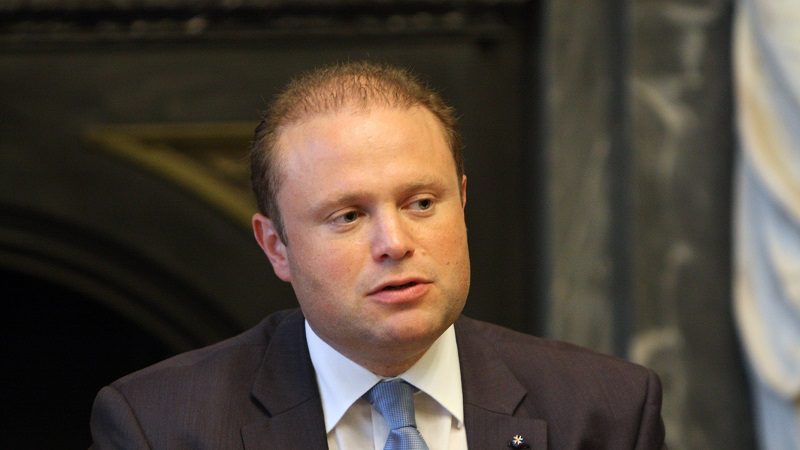The government voting against legislation that would prohibit expensive international lawsuits against Maltese journalists sends the message that Prime Minister Joseph Muscat has chosen to stand with his corporate allies rather than defend the interests of the people.
On Monday, Parliament will vote on a Private Member’s Bill presented by the Nationalist Party to prohibit expensive international lawsuits against Maltese journalists. The government’s vote is an important milestone in the country’s freedom of expression, but it is set to be another nail in the coffin.
The threat of SLAPP lawsuits in Malta has been used by two companies – Pilatus Bank, and Henley and Partners – and both companies are at the centre of corruption allegations involving the top rank of the Maltese government.
In Europe, MEPs have called for legislation that would curtail abusive legal SLAPP practices. A group of MEPs from various political families called on the European Commission to take note of the recent report made by Mapping Media Freedom with regard to SLAPP practices against The Shift.
Owen Bonnici, the minister responsible, should start effectively protecting the freedom of the press by pushing for the enactment of robust legislation to deal with this. With freedom of expression under siege, SLAPP ought to be thwarted swiftly.
Journalists, including Daphne Caruana Galizia, The Shift News and two Swiss media outlets, have investigated Henley & Partners, only to find themselves threatened to be sued for millions of dollars. The real reason they sue is to pressure journalists and deter them from further investigations.
By choosing to take news agencies to court abroad, an insurmountable financial burden is exerted onto relatively small businesses. This could severely inhibit journalists from doing their job. One case in point is when The Malta Independent purged its interview with whistleblower Maria Efimova following legal threats from Pilatus Bank.
This technique has an acronym, SLAPP, which stands for ‘Strategic Lawsuits Against Public Participation’. It does what it says on the tin: lawsuits are filed with the intention to stop the public from poking its nose into the shady matters of powerful people to remain unaccountable for their actions.
There is a renewed drive of populism across the Western world. Post-truth society, in a nutshell, means that elections are no longer won by statesmanship, but by identifying prejudices and appealing to them. To do this, politicos and their teams have turned to the enormous bundles of data lying about social media platforms. Summarily, they in turn escape the scrutiny of the press by tweeting directly to their followers, bypassing what is widely considered the fourth pillar of democracy.
Data has become a more valuable commodity than oil. In a leader article almost a year ago, the Economist advocated the regulation of the internet giants. Today, Cambridge Analytica and their parent company, SCL Elections, proved that their distrust of Facebook and Google was not misplaced.
The threat is in reality profoundly more obscure. The political consultancy firm has been linked to Henley & Partners, passport sellers with an itch to sue journalists. Democracy is seemingly snatched from informed citizens by powerful and unaccountable corporations who sell incumbency to the highest bidder.
The second point is that politicians enjoy a wealth of voter data, provided they can afford it. The direct link to the electorate allows them to appeal to their prejudices and insecurities, as opposed to constructively addressing their concerns.
All that’s left is to take journalists out of the equation, and how better to do that then to make sure they cannot say a word or face a $40 million dollar lawsuit, as Pilatus Bank did to assassinated journalist Daphne Caruana Galizia, and Henley and Partners sought and received the permission of the Prime Minister, his Chief of Staff and the Justice Minister to do the same.












